Kendall Jenner's Pepsi ad has attracted global attention, but the extended media focus is in itself disingenuous. I’ve deliberately chosen not to critique it here as the faux-outrage many people have against the firm successfully pulling of a worldwide marketing coup is currently giving Pepsi huge amounts of free advertising. I suspect now other companies are frantically calling upon the Don Draper’s in their creative marketing departments analysing the results and seeking less politically toxic ways of replicating its effects.
But underlying this particular ‘controversy’ is a serious issue. Over the past few years too many of us have been complicit in utilising the toolkit of mass marketing to sell activist projects. As a result, the witty tweets, cool t-shirts, trendy banners, viral memes and Facebook posts, iconic Instagram shots have all led to the commodification of protest itself.
As an anthropologist this is great news. First, I have more material culture to study and learn from; second, there is such an abundance of activist activity I could attend a march everyday of my life and then some, and third, everybody is, or knows someone that is an activist – hip hip hooray.
But wait.
As an activist my universe is being turned upside down and inside out. No matter how much I sing The Five Stairsteps “Ooh Child - Things are Gonna Get Easier” (you can try D:ream’s “Things are gonna get better if you aint into soul”) , anyway, no matter how much I try and do a Pharrell “happy”, I notice things are most certainly getting worse, much worse.
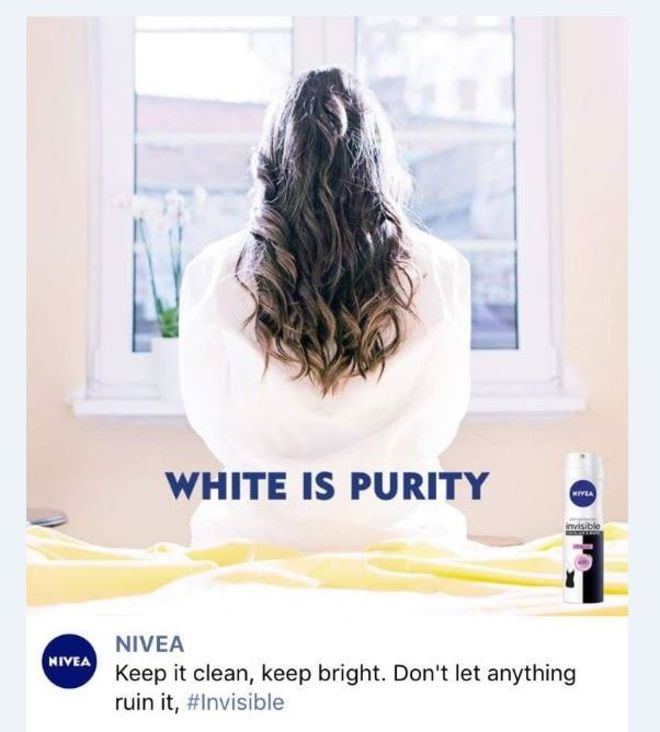
So what did I mean when I asked if social media is killing protest. Simple. When was the last time you heard of a Black Lives Matter incident on the news? What? Not even on those daily comedy shows that are replacing newspapers as the way most people learn about politics (in fact the some newspaper are now regularly reporting on these shows as news)?
If you are naïve enough to believe that African people are no longer being abused by racist state authorities then what about those who are being ‘let go’ from their jobs or having their terms of employment so radically altered they need to hold down two or three ‘contracting opportunities’ to make ends meet? What about those children dying from a curable condition like Sickle Cell because the government sees it as some kind of ‘black’ disease that is not worth funding or even giving sufficient financial support for medicines and disability assistance like cancer. Have you seen any news or protests about the disproportionate abuse of African people with poor mental health being overmedicated? What about the rise in racist incidents across the world influenced by Brexit and Trumpism? That includes the silent deportations, unjust detentions and even the rise of homelessness and begging on the streets of the UK.
Things are not getting better despite our increase in media representation. I mean yes, its quaint that some of us are getting good ‘house negro’ awards from Afriphobic film academies, but let’s be real, was there ever any chance of Nate Parkers’ brilliant Birth of a Nation getting an Oscar. Likewsie, somehow I doubt the superb Get Out by director Jordan Peele will be awarded one either (it may make the token list though). The fact that Sky (Fox UK to those who don’t know) is about to release a fictional series called ‘Guerrilla’ depicting gun-toting Africans led by an Asian warrior queen in the 1970’s, and that the BBC will soon release a history of African British community activism that is likely to exclude the real radical grassroots activists that did (and continue to) the unglamorous, dirty work no-one else wants reveal the extent some will go to shape and take control of activism today. We never see any people engaged with Pan Africanism on programs like Question Time, only the same tired ‘black’ British elite.
No, things are definitely not getting better when it is only when so called media ‘celebrities’ attach their name to an issue that the liberal/conservative elite stand to attention but whenever the grass roots complain about having to put up with societal oppression very little changes. Charlie Brookers dystopian Black Mirror series was supposed to be a warning for all, not a manifesto for African lives.
So whilst everybody came out in outrage at the Pepsi advert such as the z-list of immoral ‘snow flakes’ Piers Morgan, few made any noise about Niveas’s sick little ode to white supremacy days earlier. Its far easier to jump up and down, making publicity which whitewashes your credentials in some solidarity-signalling tweet.
Especially when its an issue mostly everyone agrees on, but not have the will to do so, for or against injustices that benefit your economic and socio-political standing shows your true ethics stink.
So in answer to the opening question, has social media killed protest?
It’s a tricky question to answer. Social media has enabled many social justice movements with few resources to punch above their weight, by harnessing the distributive power of the internet minority concerns can be amplified in a way that can attract global support giving access to a means to make campaigns not sustainable even if not effective. But therein lies the problem. If you think about the activist social media toolkit like an emergency channel only to be used by essential services like ambulances, fire fighters or International Rescue then the mass use of it by all and sundry jams up the channel meaning no-one gets help and everyone dies (unless they can afford a more powerful transmitter in order to protest the rising price of cupcakes).
So NO - social media hasn’t killed protest.
Not yet anyway, but it is diluting it to such a degree that far too many of us are barely aware of the many laudable and often urgent causes that struggle to get publicity and mass support. The conflation of protest with the signing a petition or setting up a Change.org or GoFundMe page is symptomatic of a crisis in activism, not its development. Its time to go back to meeting face to face, writing letters, organising study groups, setting up book shops, breakfast clubs, social gatherings, poetry readings, screenings, literary classes, martial arts training, debating session, solidarity outings, all the old school stuff that is complemented by the mass rally and social media not replaced by them. Our right and capacity to protest is something we should be proud of, not cyclically exploited for feel-good politics. I mean in some countries people who stand up for their rights are water cannoned, tasered, attacked with batons, falsely arrested and imprisoned, criminalised and demonised by the media, spied upon by the state and abandoned by their political representatives who label them racist mobs and domestic extremists.
Oh, hold on. That’s like, right here, right now.
Dyamn, maybe I need a Pepsi (like a hole in the head).
May the Ancestors continue to guide and protect us. Ase.
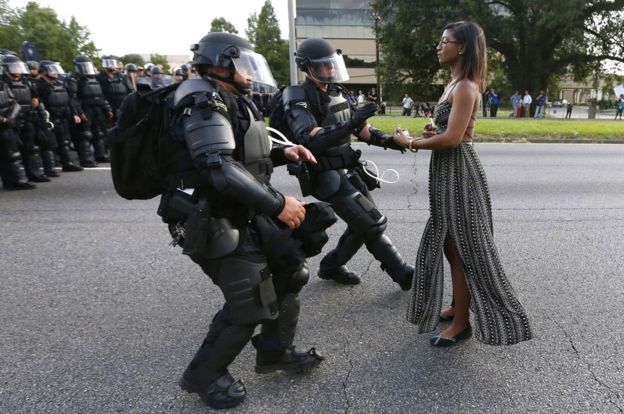
External Links
Nivea removes ‘white is purity’ deodorant advert branded ‘racist’Pepsi pulls Kendall Jenner ad ridiculed for co-opting protest movementsActivism in the Social Media AgeGuerrilla (2017)I Am Not Your Negro review
Being Woke
But underlying this particular ‘controversy’ is a serious issue. Over the past few years too many of us have been complicit in utilising the toolkit of mass marketing to sell activist projects. As a result, the witty tweets, cool t-shirts, trendy banners, viral memes and Facebook posts, iconic Instagram shots have all led to the commodification of protest itself.
As an anthropologist this is great news. First, I have more material culture to study and learn from; second, there is such an abundance of activist activity I could attend a march everyday of my life and then some, and third, everybody is, or knows someone that is an activist – hip hip hooray.
But wait.
As an activist my universe is being turned upside down and inside out. No matter how much I sing The Five Stairsteps “Ooh Child - Things are Gonna Get Easier” (you can try D:ream’s “Things are gonna get better if you aint into soul”) , anyway, no matter how much I try and do a Pharrell “happy”, I notice things are most certainly getting worse, much worse.

German skincare brand Nivea pulls its ‘White is Purity’ advert as it attracts support from White Supremacists across the world, 4 April 2017
Things are not getting better
So what did I mean when I asked if social media is killing protest. Simple. When was the last time you heard of a Black Lives Matter incident on the news? What? Not even on those daily comedy shows that are replacing newspapers as the way most people learn about politics (in fact the some newspaper are now regularly reporting on these shows as news)? If you are naïve enough to believe that African people are no longer being abused by racist state authorities then what about those who are being ‘let go’ from their jobs or having their terms of employment so radically altered they need to hold down two or three ‘contracting opportunities’ to make ends meet? What about those children dying from a curable condition like Sickle Cell because the government sees it as some kind of ‘black’ disease that is not worth funding or even giving sufficient financial support for medicines and disability assistance like cancer. Have you seen any news or protests about the disproportionate abuse of African people with poor mental health being overmedicated? What about the rise in racist incidents across the world influenced by Brexit and Trumpism? That includes the silent deportations, unjust detentions and even the rise of homelessness and begging on the streets of the UK.
Things are not getting better despite our increase in media representation. I mean yes, its quaint that some of us are getting good ‘house negro’ awards from Afriphobic film academies, but let’s be real, was there ever any chance of Nate Parkers’ brilliant Birth of a Nation getting an Oscar. Likewsie, somehow I doubt the superb Get Out by director Jordan Peele will be awarded one either (it may make the token list though). The fact that Sky (Fox UK to those who don’t know) is about to release a fictional series called ‘Guerrilla’ depicting gun-toting Africans led by an Asian warrior queen in the 1970’s, and that the BBC will soon release a history of African British community activism that is likely to exclude the real radical grassroots activists that did (and continue to) the unglamorous, dirty work no-one else wants reveal the extent some will go to shape and take control of activism today. We never see any people engaged with Pan Africanism on programs like Question Time, only the same tired ‘black’ British elite.
No, things are definitely not getting better when it is only when so called media ‘celebrities’ attach their name to an issue that the liberal/conservative elite stand to attention but whenever the grass roots complain about having to put up with societal oppression very little changes. Charlie Brookers dystopian Black Mirror series was supposed to be a warning for all, not a manifesto for African lives.
So whilst everybody came out in outrage at the Pepsi advert such as the z-list of immoral ‘snow flakes’ Piers Morgan, few made any noise about Niveas’s sick little ode to white supremacy days earlier. Its far easier to jump up and down, making publicity which whitewashes your credentials in some solidarity-signalling tweet.
Especially when its an issue mostly everyone agrees on, but not have the will to do so, for or against injustices that benefit your economic and socio-political standing shows your true ethics stink.
So in answer to the opening question, has social media killed protest?
It’s a tricky question to answer. Social media has enabled many social justice movements with few resources to punch above their weight, by harnessing the distributive power of the internet minority concerns can be amplified in a way that can attract global support giving access to a means to make campaigns not sustainable even if not effective. But therein lies the problem. If you think about the activist social media toolkit like an emergency channel only to be used by essential services like ambulances, fire fighters or International Rescue then the mass use of it by all and sundry jams up the channel meaning no-one gets help and everyone dies (unless they can afford a more powerful transmitter in order to protest the rising price of cupcakes).
So NO - social media hasn’t killed protest.
Not yet anyway, but it is diluting it to such a degree that far too many of us are barely aware of the many laudable and often urgent causes that struggle to get publicity and mass support. The conflation of protest with the signing a petition or setting up a Change.org or GoFundMe page is symptomatic of a crisis in activism, not its development. Its time to go back to meeting face to face, writing letters, organising study groups, setting up book shops, breakfast clubs, social gatherings, poetry readings, screenings, literary classes, martial arts training, debating session, solidarity outings, all the old school stuff that is complemented by the mass rally and social media not replaced by them. Our right and capacity to protest is something we should be proud of, not cyclically exploited for feel-good politics. I mean in some countries people who stand up for their rights are water cannoned, tasered, attacked with batons, falsely arrested and imprisoned, criminalised and demonised by the media, spied upon by the state and abandoned by their political representatives who label them racist mobs and domestic extremists.
Oh, hold on. That’s like, right here, right now.
Dyamn, maybe I need a Pepsi (like a hole in the head).
May the Ancestors continue to guide and protect us. Ase.

Real Protest: Featuring Leshia Evans who faced police in Baton Rouge
External Links
Nivea removes ‘white is purity’ deodorant advert branded ‘racist’Pepsi pulls Kendall Jenner ad ridiculed for co-opting protest movementsActivism in the Social Media AgeGuerrilla (2017)I Am Not Your Negro review
Ligali is not responsible for the content of third party sites
Being Woke
Speak Out!
Click here to speak out and share your perspective on this article.Too many of us have been complicit in utilising the toolkit of mass marketing to sell activist projects. As a result, the witty tweets, viral memes and Facebook posts have all led to the commodification of protest itself.
See Related:
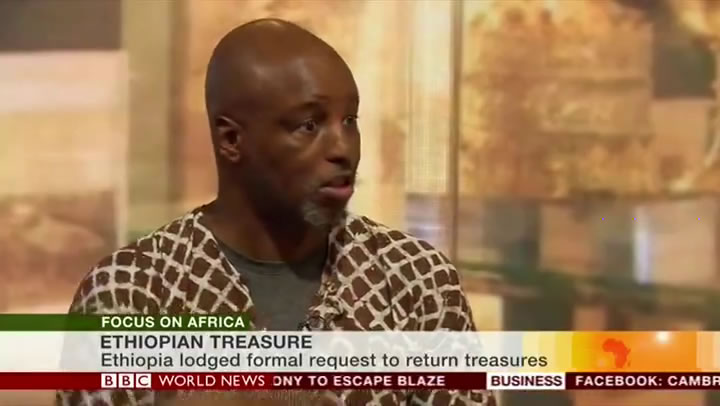
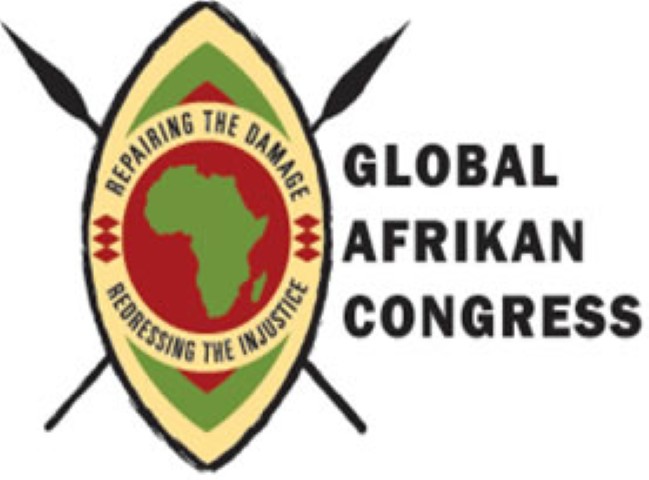
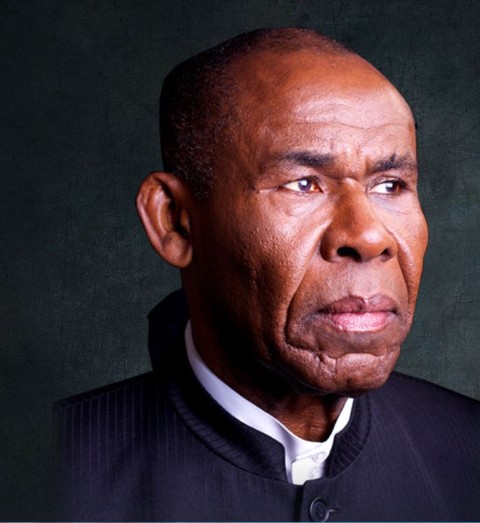
Get involved and help change our world